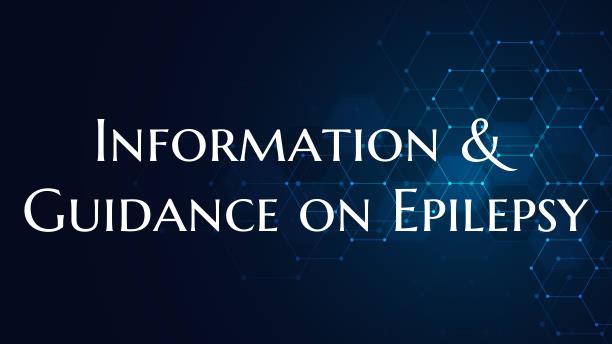
Information & Guidance on Epilepsy
Certainly! Here is a brief overview of epilepsy, along with information and guidance for those affected by the condition.
Understanding Epilepsy: Information and Guidance
What is Epilepsy?
Epilepsy is a neurological disorder characterized by recurrent seizures, which are sudden, uncontrollable electrical disturbances in the brain. These seizures can vary in nature and intensity, affecting individuals in different ways. While the exact cause of epilepsy in many cases is unknown, it can be triggered by factors such as head injuries, brain infections, genetics, or developmental disorders.
Diagnosis and Treatment
If you suspect that you or someone you know may have epilepsy, it is crucial to seek medical attention. A medical professional, typically a neurologist, will evaluate the symptoms and may order tests such as an electroencephalogram (EEG) or brain imaging to confirm the diagnosis. Treatment options for epilepsy often include medications to control seizures, lifestyle modifications, and in some cases, surgery or other interventions.
Living with Epilepsy
Living with epilepsy can present challenges, but with the right support and management strategies, individuals can lead fulfilling lives. Some practical guidance includes:
1. Medication Compliance: It is essential to take prescribed medications regularly and as directed to help control seizures effectively.
2. Lifestyle Management: Maintaining a healthy lifestyle through regular exercise, adequate sleep, stress management, and avoiding seizure triggers can contribute to seizure control.
3. Safety Precautions: Individuals with epilepsy should take precautions to ensure their safety, such as avoiding activities that may pose a risk during a seizure, and educating family, friends, and caregivers on how to respond in case of a seizure.
4. Regular Medical Follow-up: Regular visits to your healthcare provider are essential to monitor seizure activity, adjust treatment as needed, and address any concerns or side effects.
5. Support Networks: Connecting with support groups, advocacy organizations, or counseling services can provide valuable emotional support and information sharing for individuals living with epilepsy.
Seeking Help
If you or someone you know is affected by epilepsy and requires guidance or support, do not hesitate to reach out to healthcare professionals, epilepsy specialists, or support organizations. Remember, you are not alone, and there are resources available to help you navigate the challenges posed by epilepsy.
By understanding epilepsy, seeking appropriate medical care, and adopting effective management strategies, individuals can better cope with the condition and enhance their quality of life.
Feel free to expand on this content or provide more specific information as needed.